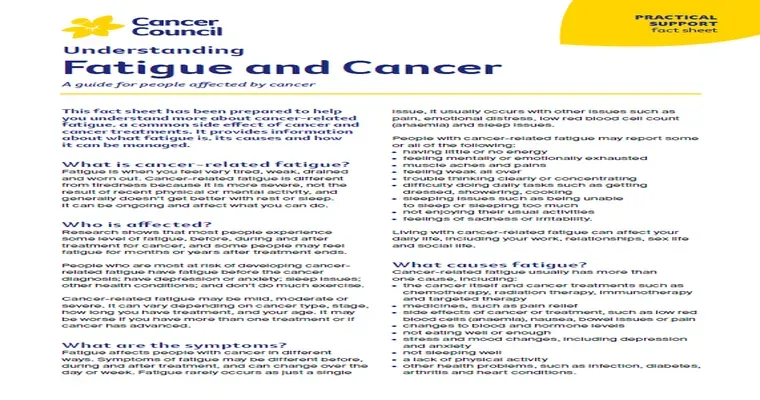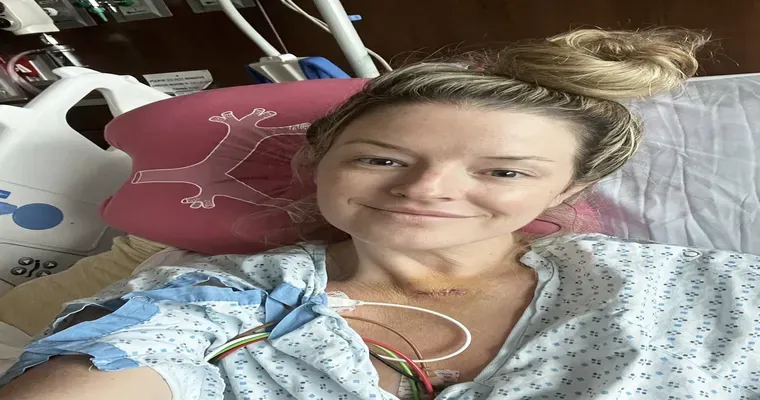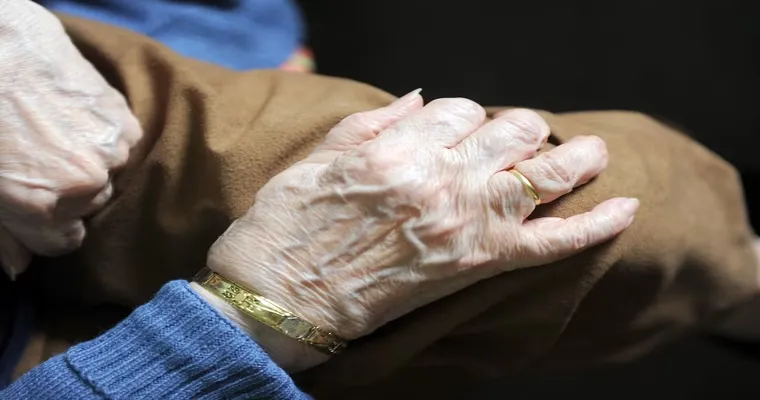Undergoing "chemotherapy" can be a daunting experience, not just physically but emotionally as well. One of the less talked about side effects is "sleeplessness", which can significantly impact a patient's quality of life. If you or a loved one are facing this challenge, it is essential to explore effective strategies to improve "sleep quality" during treatment. Here are some suggestions to help you find restful slumber amidst the turmoil of chemotherapy.
Understanding Chemotherapy-Induced Sleeplessness
Chemotherapy may lead to "insomnia" or disrupted sleep patterns due to various factors. Medications, anxiety about treatment, physical discomfort, and changes in routine can all contribute to this issue. Understanding the root causes of sleeplessness can help patients and caregivers develop effective strategies to combat it.
Create a Relaxing Sleep Environment
A comfortable "sleep environment" is crucial for achieving restorative sleep. Make sure your bedroom is dark, quiet, and cool. Consider using blackout curtains to block out light, earplugs or white noise machines to minimize noise, and adjusting the thermostat to a comfortable temperature. A comfortable mattress and pillows can also make a significant difference.
Establish a Consistent Sleep Routine
Maintaining a consistent "sleep schedule" can help regulate your body's internal clock. Aim to go to bed and wake up at the same time every day, even on weekends. Establishing a calming pre-sleep routine, such as reading a book or practicing relaxation techniques, can signal to your body that it is time to wind down.
Limit Stimulants and Heavy Meals
Be mindful of your intake of caffeine and nicotine, especially in the hours leading up to bedtime. Both are stimulants that can interfere with your ability to fall asleep. Additionally, avoid heavy meals close to bedtime, as they can cause discomfort and disrupt sleep.
Practice Relaxation Techniques
Incorporating "relaxation techniques" into your daily routine can help reduce anxiety and promote better sleep. Consider practicing deep breathing exercises, meditation, or gentle yoga. These activities can help calm the mind and prepare the body for rest.
Seek Support from Healthcare Professionals
If "sleeplessness" persists, do not hesitate to reach out to your healthcare team. They can provide guidance and may recommend medications or therapies specifically designed to alleviate insomnia related to chemotherapy. Open communication about your sleep challenges can lead to tailored solutions that meet your individual needs.
Consider Natural Sleep Aids
Some individuals find relief from sleeplessness through natural sleep aids such as melatonin or herbal supplements like valerian root. However, it is crucial to consult with your healthcare provider before starting any new supplements, as they can interact with chemotherapy medications.
Stay Active During the Day
Engaging in regular physical activity can promote better sleep at night. Aim for light to moderate exercise, such as walking or stretching, for at least 30 minutes a day. However, avoid vigorous workouts close to bedtime, as they may energize you instead of helping you relax.
Monitor Sleep Patterns
Keeping a "sleep diary" can help you identify patterns and triggers related to your sleeplessness. Note the time you go to bed, how long it takes to fall asleep, and the quality of your sleep. This information can be invaluable when discussing your sleep issues with healthcare professionals.
Explore Cognitive Behavioral Therapy for Insomnia
Cognitive Behavioral Therapy for Insomnia (CBT-I) is a structured program that helps individuals address thoughts and behaviors contributing to sleeplessness. This approach can be particularly effective for those experiencing chemotherapy-related insomnia. Speak with your doctor about whether this option might be suitable for you.
In conclusion, while "chemotherapy" can contribute to "sleeplessness", there are numerous strategies to improve your sleep quality. By creating a calming environment, establishing a routine, and seeking support, you can navigate this challenging time with greater ease. Remember, you are not alone, and with the right tools and support, restful sleep is within reach.





